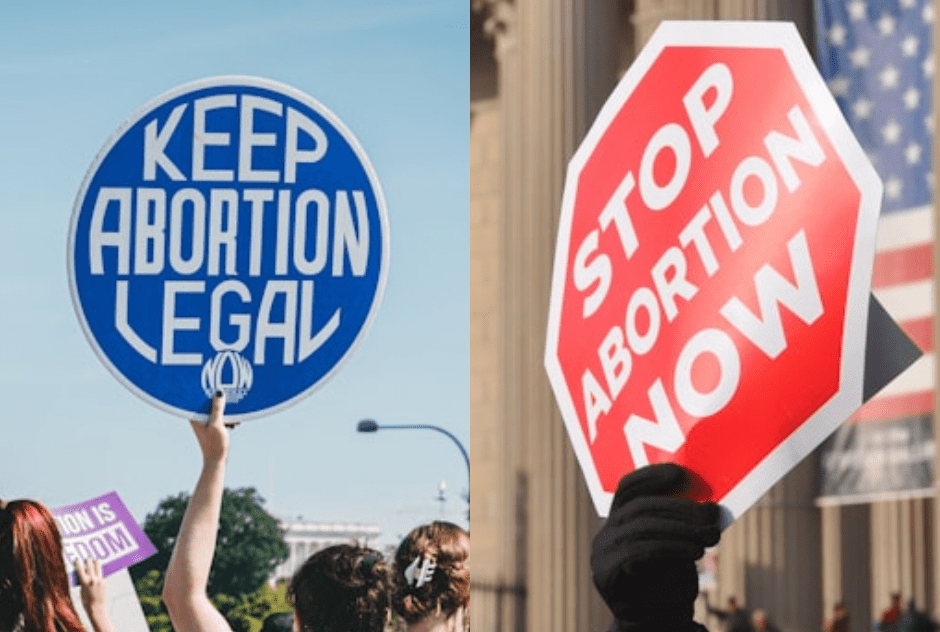As I watched the results of the 2022 midterm elections come in, a few thoughts in particular crossed my mind.
Some had to do with being tired, as I was working with political campaigns at the time, and election day was a very long workday.
But most had to do with the many people I had talked to during that campaign cycle and how important issues to them seemed to be reflected in the election results.
If you follow politics, you’ll probably remember that a red wave was supposed to be coming in the 2022 midterm elections, meaning that Republicans were about to win a big majority in Congress.
This is usually common in midterm elections, as the party in power and control of the White House typically loses many seats in Congress, especially if there are pressing problems.
However, this was supposed to be a wave election year, a year when a political party makes significant gains.
Many Republicans and media members were even calling it a red tsunami in anticipation of how significant their victory was going to be.
But this didn’t happen, and not only was it not a red wave, but the Republican Party vastly underperformed in an overall historical context.
The Republicans won the majority in the House by only a small margin, and the Democrats not only kept control of the Senate but gained a seat.
The Democrats also gained in the state-level elections, winning an overall gain of two seats in gubernatorial elections.
But why did this happen?
Why were the pundits so incredibly wrong in their predictions?
As with anything in politics, there was a combination of factors, but one of the most significant was the issue of abortion.
An issue I heard the most about from both Democrats and Republicans while working on that campaign cycle and an issue that looms large over politics.
But how large? What effects will the issue of abortion have over the future of politics? And how should we approach the issue of abortion and the debate surrounding it moving forward?



